The journey to parenthood is a deeply personal and emotional one. For many, it may be filled with challenges and uncertainties. Whether you are facing menopause, recurrent miscarriages, uterine issues, or even a zero sperm count, the dream of becoming a parent is still within reach. Modern advancements in fertility treatments, particularly In Vitro Fertilization (IVF), offer hope and possibilities that were once unimaginable.
Understanding IVF and Its Benefits
IVF is a medical procedure that assists couples in overcoming infertility challenges. It involves fertilizing an egg with sperm outside the body in a laboratory, and then implanting the resulting embryo into the uterus. This method has helped millions of couples worldwide achieve their dream of parenthood.
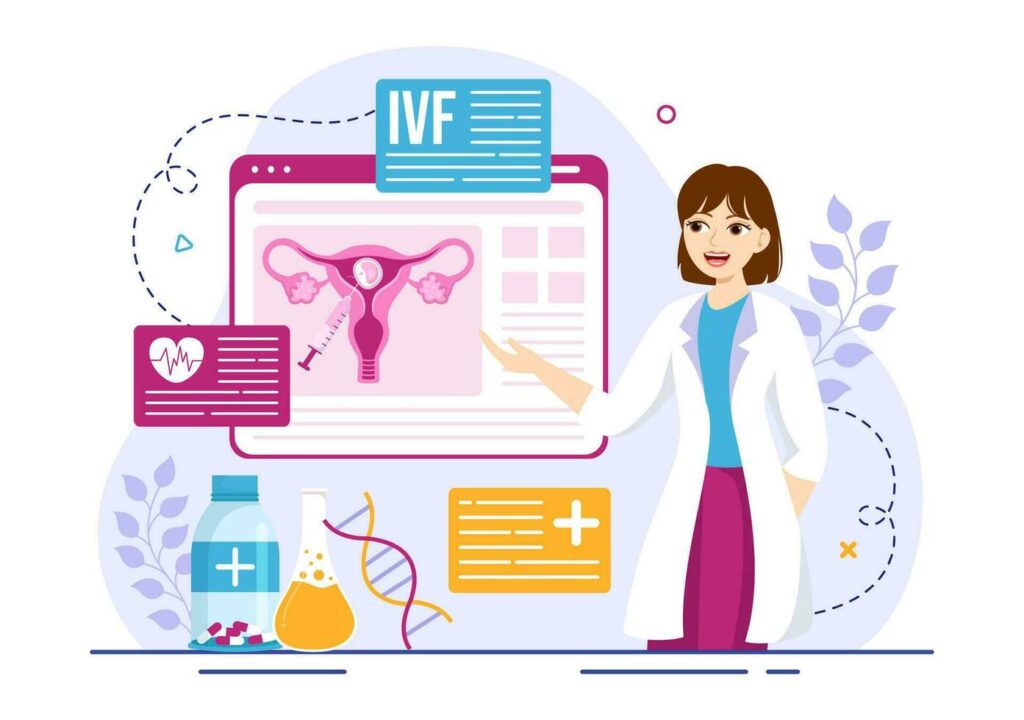
Key Benefits of IVF:
1 Overcomes Various Infertility Issues: IVF is effective for conditions like blocked fallopian tubes, low sperm count, or unexplained infertility.
2 Success in Challenging Cases: IVF can help women with conditions like endometriosis, menopause, or uterine abnormalities.
3 Control and Precision: Techniques like embryo freezing and genetic testing ensure better outcomes.
4 Second Chances: IVF offers hope even after multiple miscarriages or failed attempts with other treatments.
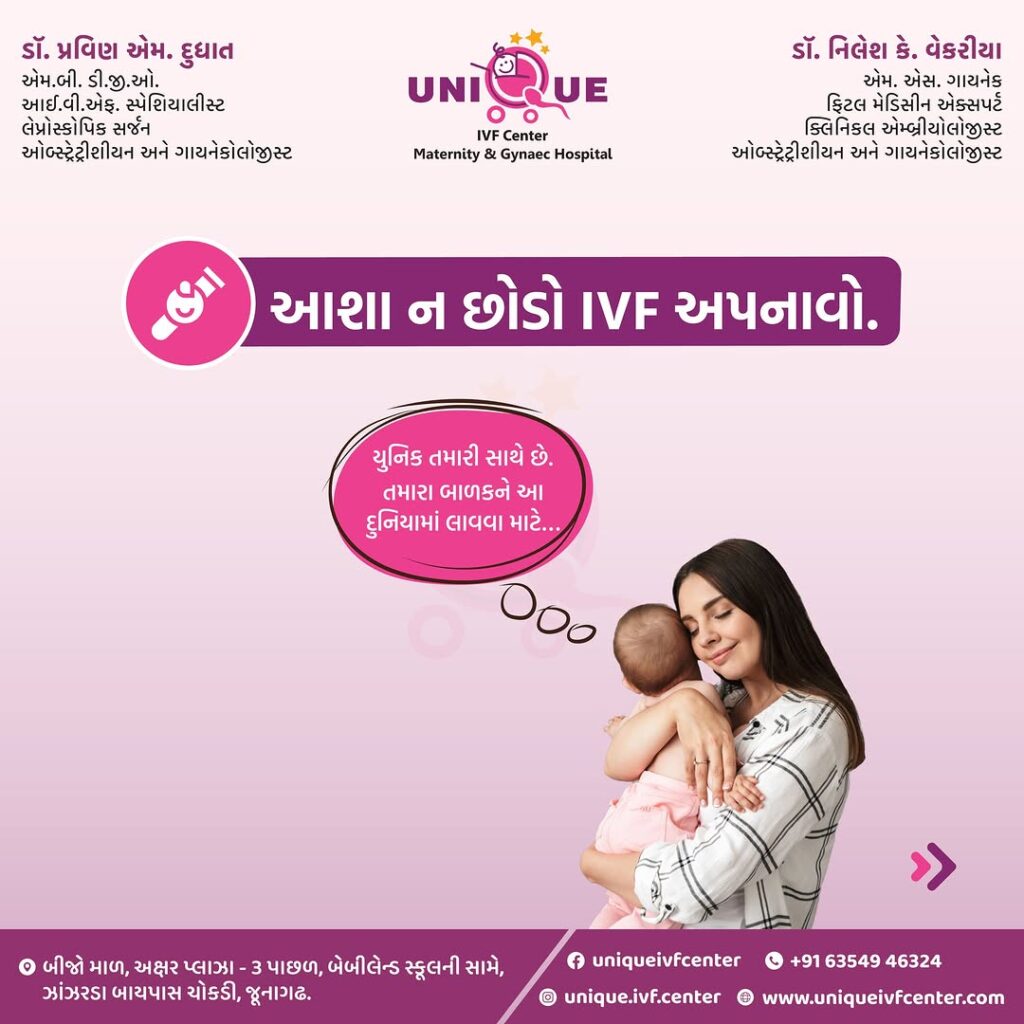
When Should You Consider IVF?
While IVF is a beacon of hope, it is essential to know when it might be the right time to consider this treatment. Below are some situations where IVF might be recommended:
1 Advanced Maternal Age:
Women above 35 often face reduced fertility. IVF helps by directly fertilizing and implanting viable embryos.
2 Recurrent Miscarriages:
Couples experiencing repeated pregnancy losses can benefit from IVF combined with genetic testing.
3 Menopause:
Even after menopause, IVF can be an option using donor eggs and advanced hormonal treatments.

4 Male Factor Infertility:
Techniques like Intracytoplasmic Sperm Injection (ICSI) ensure fertilization even with low or zero sperm count.
5 Uterine Issues:
IVF bypasses challenges like fibroids or structural abnormalities by implanting the embryo directly.
Why Choose ICSI Treatment in Junagadh?
ICSI (Intracytoplasmic Sperm Injection) is an advanced fertility treatment often combined with IVF. It involves injecting a single sperm directly into an egg, increasing the chances of successful fertilization. This technique is particularly beneficial for severe male infertility.
In Junagadh, state-of-the-art facilities for ICSI treatment ensure precision, care, and a higher likelihood of success. When looking for the best IVF center in Junagadh, ensure that they offer personalized treatment plans, cutting-edge technology, and compassionate care.
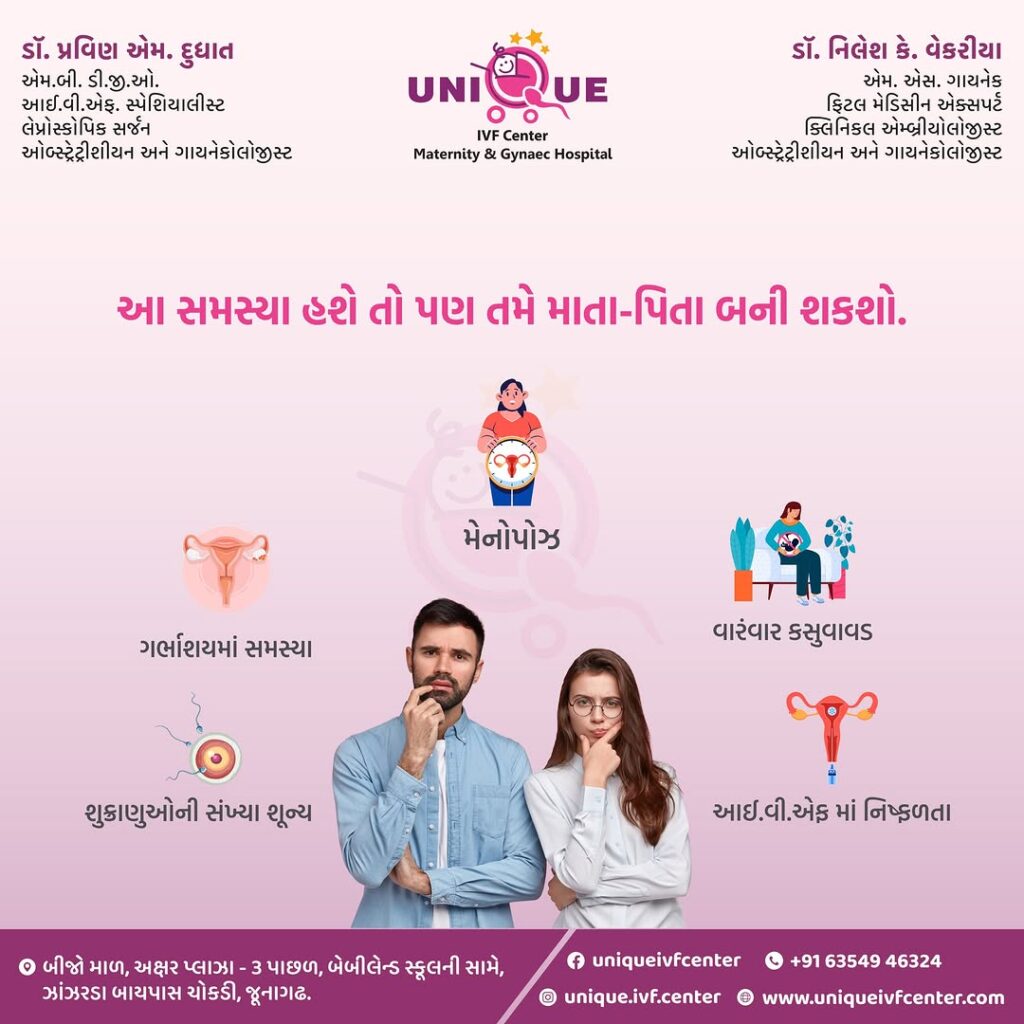
What Makes a Fertility Center Stand Out?
Choosing the right fertility center is a critical step in your journey. Here are some factors to consider:
1 Experienced Specialists:
Look for a center with a team of skilled reproductive endocrinologists and embryologists.
2 Success Rates:
High success rates in IVF and ICSI treatments indicate the center’s credibility.
3 Comprehensive Services:
The best centers offer services ranging from diagnostics to advanced treatments like egg freezing, donor programs, and genetic screening.
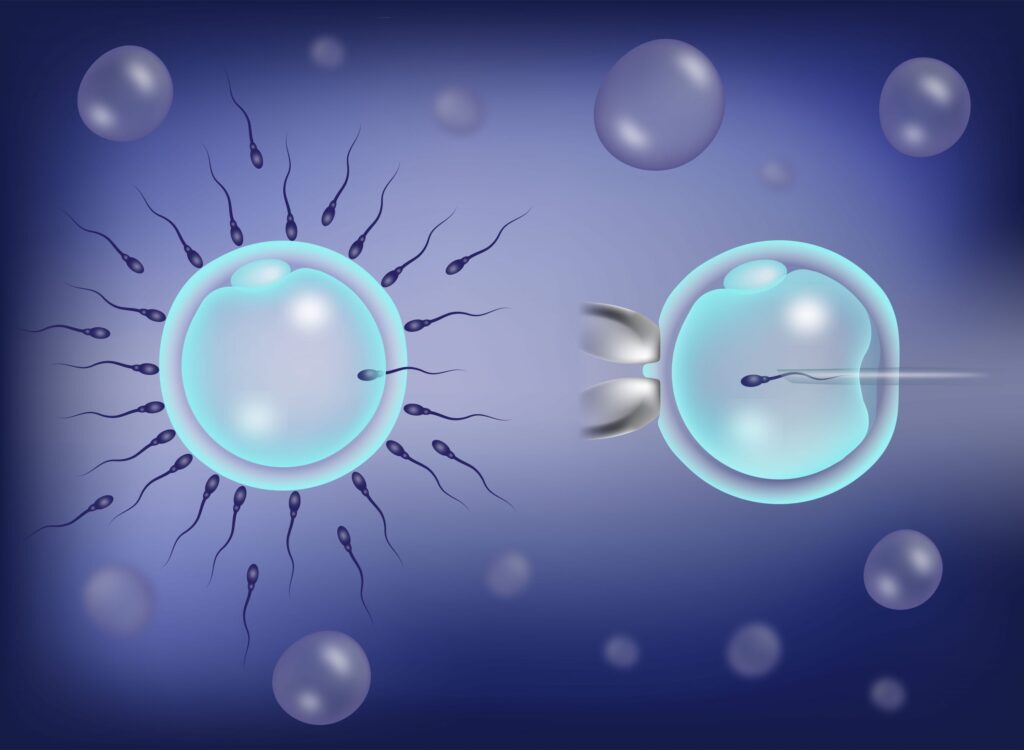
4 Supportive Environment:
Emotional support, counseling, and patient-centric care play a significant role in the success of treatments.
Why the Best IVF Center in Junagadh is Your Ideal Choice?
Junagadh is home to some of the most advanced fertility centers that cater to diverse patient needs. From cutting-edge ICSI treatments to holistic support, these centers stand out for their:
1 Modern infrastructure and technology.
2 Patient-focused approach.
3 Affordable treatment options without compromising quality.
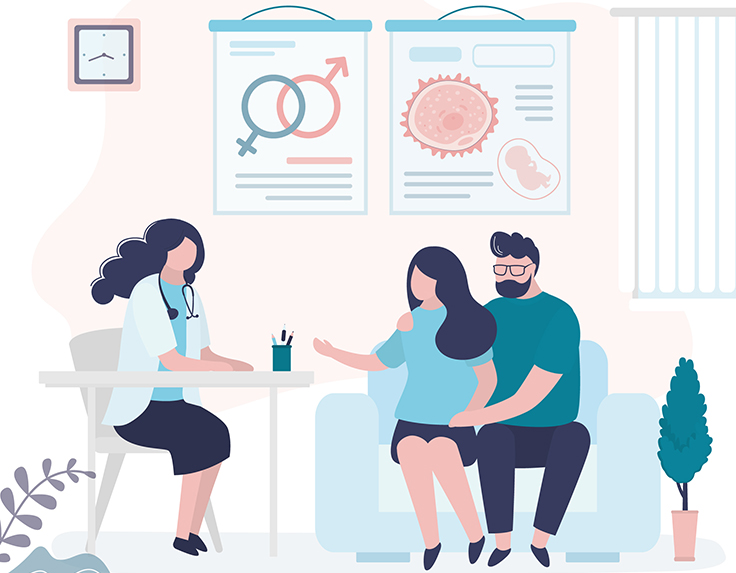
FAQs About IVF and ICSI Treatment
1. Is IVF painful?
Ans: While IVF involves some procedures, most are minimally invasive and cause only mild discomfort.
2. How long does the IVF process take?
Ans: An IVF cycle typically takes 4-6 weeks, including ovarian stimulation, egg retrieval, fertilization, and embryo transfer.
3. What are the success rates of IVF?
Ans: Success rates vary based on age, health conditions, and the clinic’s expertise. On average, they range from 40% to 60%.
4. Can IVF be repeated?
Ans: Yes, IVF can be repeated if the first attempt is unsuccessful. Each cycle offers a new chance for success.
Conclusion: Hope and Possibilities
Becoming a parent is a journey filled with love, hope, and perseverance. With advancements like IVF and ICSI, challenges like menopause, recurrent miscarriages, uterine issues, or zero sperm count no longer mean the end of the road. By choosing the best IVF center in Junagadh, you can take the first step toward fulfilling your dream of parenthood.
Your journey may be challenging, but with the right support and medical care, it’s a journey worth embarking on. Parenthood awaits you—never lose hope.

